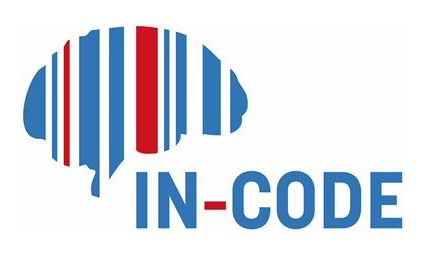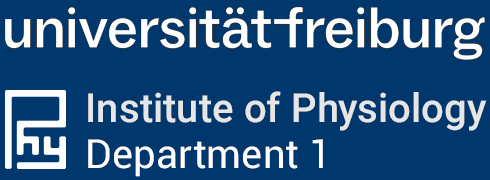
Inhibitory neurons: shaping the cortical code (IN-CODE)
General Information about the Collaborative Research Centre (CRC)
Coordinator: Marlene Bartos (Freiburg) Vice-coordinator: Jörg Geiger (Berlin)
The brain is the most complex information processing system that enables us to feel, act, learn and remember, to process and store information with an efficiency and flexibility that by far surpasses any machine. At the same time, dysfunctions of the brain cause a number of devastating cognitive disorders.
All cognitive functions depend on the cortex, the largest and most powerful region of the mammalian brain. The brain is comprised of mostly (~80%) excitatory principal neurons (PNs) but also smaller but highly diverse classes of GABAergic inhibitory interneurons. PNs represent information at the single cell level (‘single neuron code’) or population level (‘population code’). However, their activity is markedly shaped by the GABAergic inhibitory interneurons. Interneurons come with distinct morphologies, molecular and synaptic properties, connectivities and activity profiles and may thereby endow the network with a large number of distinct control points for tuning cortical codes according to dynamically changing computational demands.
Using mouse models for genetic circuit dissection and human tissue we will focus on a number of cortical areas that are vital for higher brain functions. By combining state-of-the-art optical and electrical recordings with pharmaco- and opto-genetic perturbation, quantitative behavior, computational modeling, modern tools for high-dimensional data analysis and deep learning, this CRC/TRR will provide multidisciplinary insights on the role of inhibition in controlling the encoding of information in local circuits and complex brain functions and thereby shaping the cortical population code.
The selected PhD student will become a member of the Transregio (TRR) initiative IN-CODE, a Collaborative Research Centre (CRC) located at multiple sites. TRR/CRC-384 is located in Freiburg and Berlin, and collaborations between the two cities are actively promoted. The successful candidate will enrole in the local graduate schools, SGBM (Spemann graduate school of Biology and Medicine) and will have access to the qualification program offered by the entire network.
The following PhD student position in Freiburg is now available:
(Salary scheme E13 TV-L, 65%)
Prof. Marlene Bartos
(1 position)
https://physiology-freiburg.de/
Role of dentate gyrus GABAergic interneuron types in long-term information encoding by principal cells
We aim to understand how interneuron types contribute to the formation of the neural code. Using the cutting-edge octa-patch technique, we are able to simultaneously perform whole-cell patch recordings from up to 8 cells to examine the underlying structural-functional microcircuit organization. Unveiling the intricate connectivity motifs within neural networks will allow us to bridge in vitro and in vivo observations to gain a comprehensive understanding of neuronal processes underlying memory and learning.
Are you interested in exploring these exciting questions? – Apply now to be part of our international research team!
Send us your CV and brief statement of interest to dagmar.sonntag@physiologie.uni-freiburg.de
Applicant requirements
We are looking for highly motivated doctoral candidates with a background in the life sciences who are strongly committed to basic and translational research. Applications from all nationalities will be considered. A Master of Science degree is required to enter the PhD program.
We are an equal opportunities employer with a diverse, international team. Flexible starting times are possible between May 15th 2024 and July 2024. Successful candidates will also be enrolled in the Spemann Graduate School PhD program, which offers a variety of courses and events to increase integration, skills and career development.


